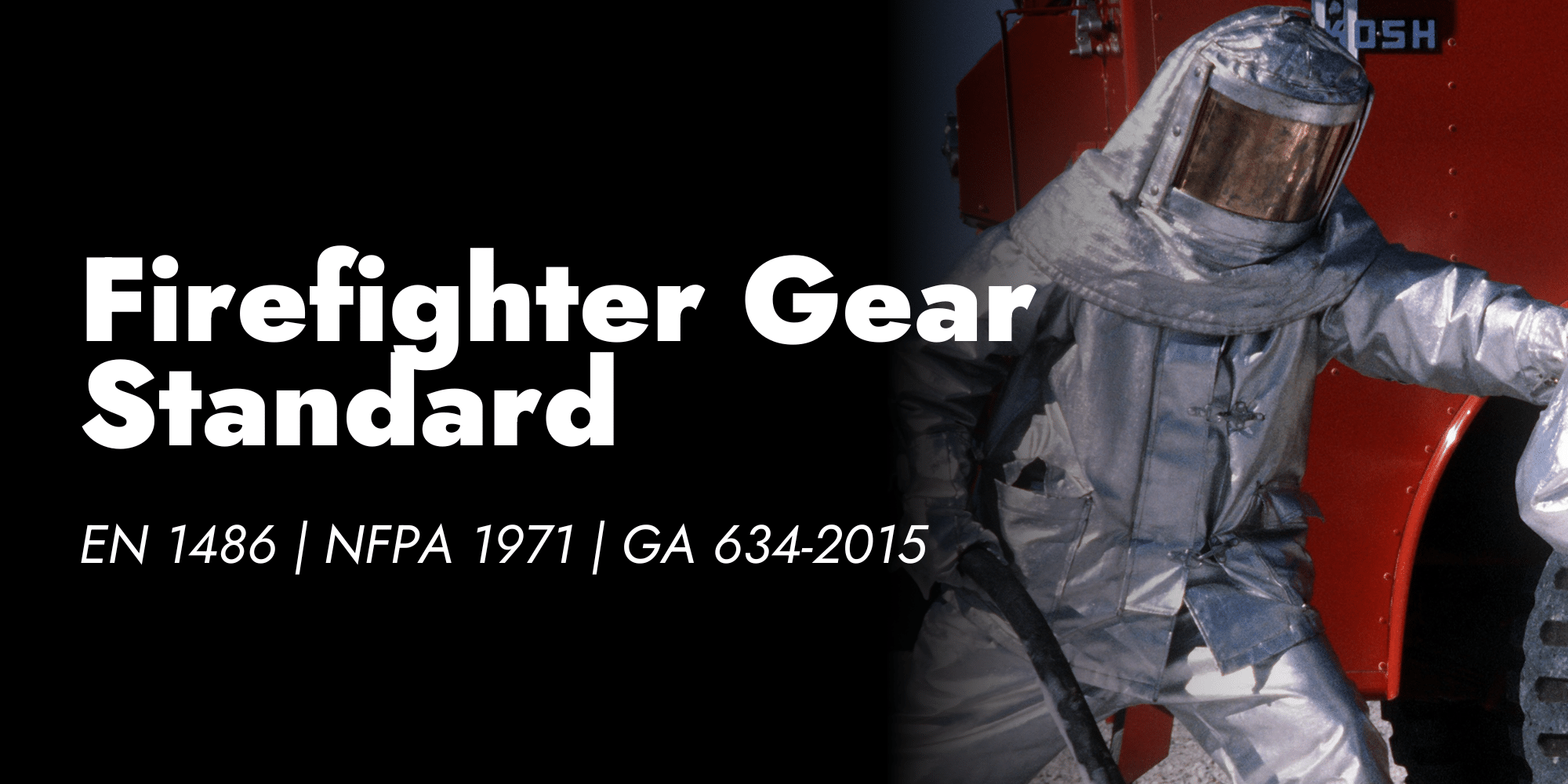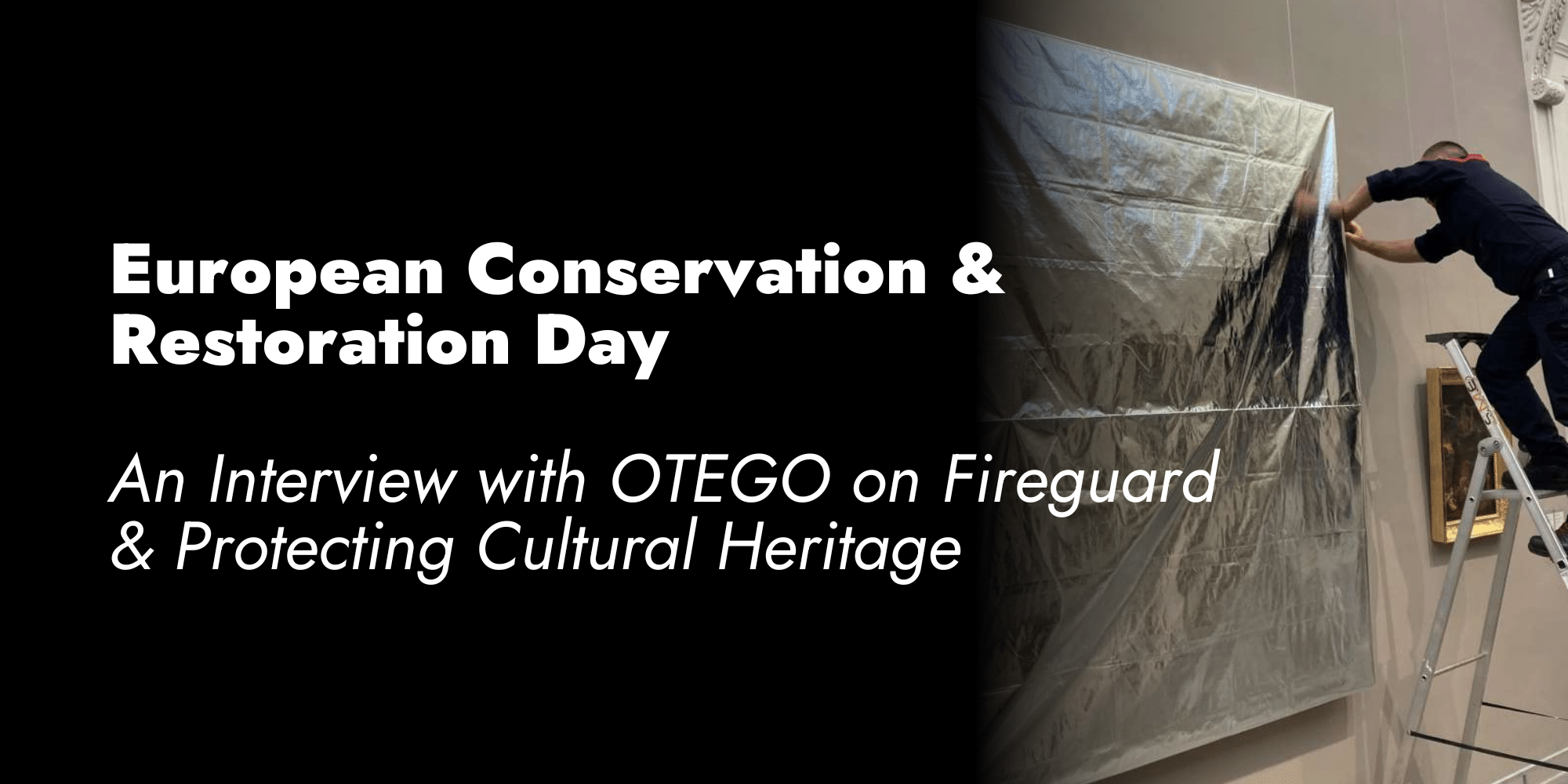In recent years, Europe has faced a rising number of emergencies threatening its cultural heritage,…

Comparing Firefighter Gear Standards: EN 1486, NFPA 1971, and GA 634-2015
In the Heat Protection (HP) industry, Personal Protective Equipment (PPE) is divided into two major applications areas: firefighting and industrial PPE. These environments expose workers to extreme hazards, including molten metal splashes, radiant heat, and open flames, making high-performance protective clothing essential.
To ensure safety and performance, PPE must meet specific international standards. Three of the most recognized certifications for heat-protective clothing are:
- NFPA 1971 (North America and South America)
- EN 1486 (Europe)
- GA 634–2015 (China)
But what is EN 1486? What is NFPA 1971? How does GA 634-2015 differ?
This article explains each standard, the tests involved, and provides a detailed comparison to help manufacturers, buyers, and safety professionals understand their requirements.
NFPA 1971
Standard on Protective Ensembles for Structural Fire Fighting
and Proximity Fire
Applied in North America & South America area.
3 Main Tests Include:

|

|

|
EN 1486
Protective Clothing for Firefighters
Test methods and requirements for reflective clothing for specialized firefighting.
Applied in European area.
3 Main Tests Include:

|

|

|
GA 634
Protective Clothing for Proximity Fire Fighting
Outer layer performance requirement.
Applied in China
3 Main Tests Include:

|

|

|
Which Standard Should You Follow?
Choosing the right standard depends on your region and the type of high-temperature hazards you face.
NFPA 1971: Standard on Protective Ensembles for Structural Firefighting
and Proximity Firefighting (North & South America)
The NFPA 1971 standard, developed by the National Fire Protection Association, defines the minimum performance criteria for protective ensembles used in structural and proximity firefighting. It is primarily used in the United States, Canada, and much of South America.
To meet NFPA 1971 certification, firefighter PPE must pass the following tests:
- Flame Resistance
- Radiant Protective Performance
- Heat and Thermal Shrinkage Resistance
- Water Absorption Resistance
- Tear Resistance
- Flex at Low Temperature
- Liquid Penetration Resistance
- Adhesion after Wet Flex
- Wet Flex
- Thermal Protective Performance (TPP)
- Water Penetration Resistance
- Resistance to High Temperature insulation
EN 1486: Protective Clothing for Firefighters (Europe)
This European standard covers reflective protective suits for specialized firefighting, particularly in situations involving intense radiant heat and flashover scenarios. PPE must undergo the following tests:
- Flame Propagation
- Radiant Heat
- Convective Heat
- Contact Heat
- Heat Resistance
- Surface wetting
- Tensile strength
- Tear strength
- Shrinking Resistance
GA 634-2015: Protective Clothing for Proximity Fire Fighting
(Outer layer performance requirement) (China)
GA 634-2015 is the national Chinese standard for proximity firefighting protective clothing, with a strong focus on outer layer performance. It is widely used in industrial and municipal fire protection settings across China.
To comply with GA 634-2015, PPE must pass the following tests:
- Fire retardant ability
- Radiant heat resistance
- Thermal stability performance
- Tensile strength
- Tear strength
- Peeling strength
- Anti-hydrostatic performance
- Bending behavior
- Overall thermal protective performance


